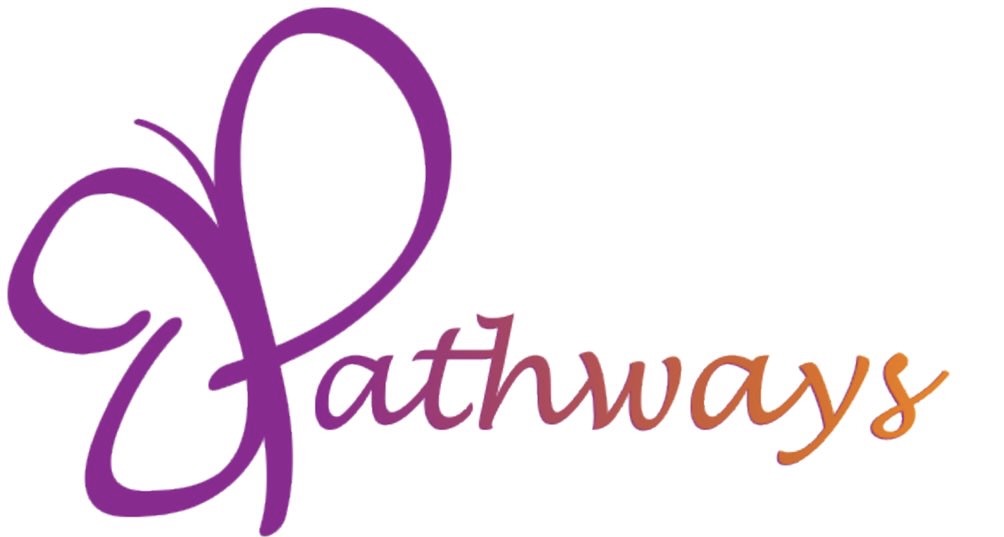With nearly $4,000,000 in innovative research grants over the loast 10 years, Dr. Pamela Rollins’ independent research has provided evidence showing the Pathways Parent Training Program to be effective for developing early foundational social communication skills including eye contact, social engagement, and verbal reciprocity.
Pathways Early Autism Intervention

Pathways is an innovative Parent Training Program designed specifically for IDEA Part C professionals.
Innovation!
While the Pathways Parent Training Program meets the criteria of a Naturalistic Developmental Behavioral Intervention (NDBI), there are two very specific and innovative ways that it is different…
First, it is a “Practice to Research” model, meaning it was developed in the real world of practice and then when it was found by the users to be effective moved to the clinical research setting to study the efficacy. Pathways was developed within an authentic early childhood setting and was designed to fit the principles and service delivery model of IDEA Part-C early childhood programs.
Second, we developed an innovative protocol that works directly on socially engaged eye contact which research has shown to be the active ingredient in the program. Pathways, with its unique protocol for social eye gaze, is more effective at facilitating shared emotion skills, suggesting that eye gaze may be a pivotal skill for the development of early social communication skills in children with ASD.

The Pathways Parent Training Program...
The Pathways Parent Training Program was developed specifically to teach parents to address the unique needs of their toddler with autism. Our early autism intervention program is based on the most current research on intervention for toddlers with autism spectrum disorders. We use an approach that promotes communication and social engagement; changing the developmental trajectory and helping these children become active participants in the world.
The Pathways Parent Training Program is delivered in weekly 1.5 hour sessions. With the support of the Pathways trained interventionist, parents will learn the skills and strategies to enable them to facilitate their child’s learning and development. Parents will master new and powerful strategies and use them to address the core characteristics of autism which will change the way their child interacts with the social environment and significantly minimize the effects of autism.
ThePathways Parent Training Program is a manualized program developed to fit the guiding principles of early intervention. It is a Naturalistic Developmental Behavioral Intervention (NDBI). The procedures taught follow the principles of operant learning and are based on powerful Applied Behavior Analysis (ABA) teaching tools—such as prompting, fading, shaping and chaining. Our curriculum is derived from scientific literature focusing on early child and social communication development. The Pathways Parent Training Program is a therapeutic, parent training model delivered in the home—the child’s natural environment.
The Pathways Provider Training Model...
The Pathways team has developed a training model designed to provide widespread intensive instruction to Early Childhood Interventionists. This will enable agencies to build the capacity to provide effective evidence-based early autism specific intervention to a rapidly growing population of toddlers with or suspected of autism and their families. With the Pathways program, you will build a cost-effective and sustainable program in a relatively short time.
After an initial face-to-face introduction, planning, and overview with the agency, each interventionist to be trained will complete a short series of online instructional modules to provide a foundation of knowledge and understanding. The trainees will then attend a four-day intensive step-by-step instruction course teaching the Pathways NDBI model. At the end of the four-day intensive training, your interventionists are ready to begin providing intervention to families. Monthly meetings for the following year provide support and additional training. At the end of the year, the trainee becomes a Certified Pathways Trainer. A second phase of support includes more intensive ongoing training for select providers to become agency support personnel.

